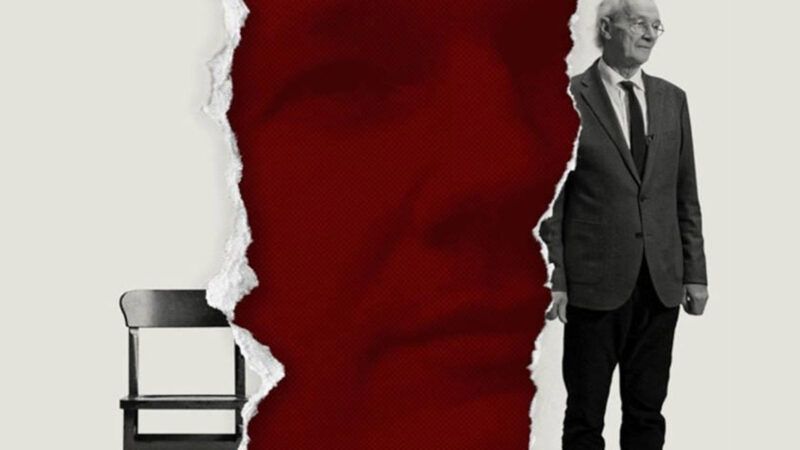Review: Ithaka Chronicles the Fight To Save Julian Assange
"If he goes down, so will journalism," Assange's father John Shipton says in the documentary.

When a British judge temporarily blocked Julian Assange's extradition in 2021, the decision was based on concerns about the WikiLeaks founder's mental health and the fear that he would kill himself in U.S. custody. The judge accepted the U.S. Justice Department's counterintuitive argument that prosecuting Assange for publishing government secrets would be consistent with freedom of expression, because he "disclosed materials that no responsible journalist or publisher would have disclosed."
As the documentary Ithaka emphasizes, however, the Espionage Act makes no such distinction. Nearly all of the charges against Assange are based on conduct indistinguishable from what major news outlets routinely do. Indeed, that conduct resembles what they did in this very case by publishing articles based on the Defense Department files and State Department cables that WikiLeaks obtained from former Army intelligence analyst Chelsea Manning. Hence the slogan on a familiar poster urging freedom for Assange: "Journalism is not a crime."
Ithaka, which was directed by Australian filmmaker Ben Lawrence and produced by Assange's brother, is unabashedly one-sided. It movingly chronicles the efforts of Assange's father, John Shipton, and wife, Stella Moris, to prevent the U.S. government from imprisoning Assange for revealing information about matters of legitimate public interest, including secret missile attacks in Yemen, potential war crimes in Iraq, and the treatment of Guantanamo Bay detainees.
Assange essentially has been a prisoner since 2012, when he took refuge in Ecuador's London embassy. Since his 2019 arrest, he has been locked in a British prison pending extradition to the United States, where the charges he faces could keep him behind bars for the rest of his life. "If he goes down," Shipton warns, "so will journalism."


Show Comments (10)